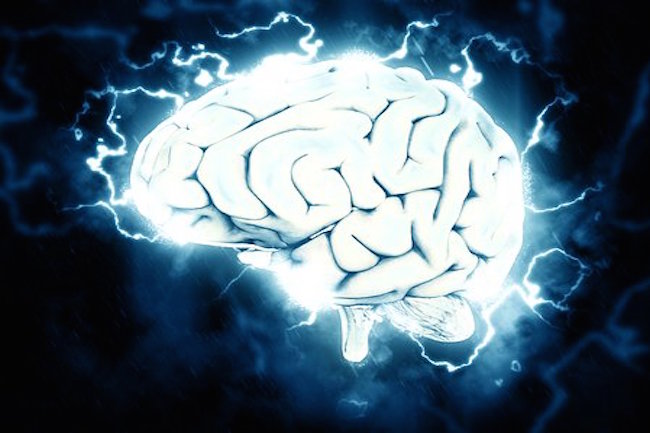Blood pressure control could slow age-related brain damage by Dr. Joseph Mercola for Mercola
According to the Centers for Disease Control and Prevention,1 1 in 3 American adults (about 75 million people) have high blood pressure, and about 46% have uncontrolled high blood pressure, which increases your risk for a number of serious health problems, including heart disease, stroke,2 kidney disease3 and dementia.4
With regard to dementia, previous research5 has found that high blood pressure disrupts regulatory mechanisms in your brain by impeding blood flow, thereby causing neuronal damage and dysfunction.
A study6 published in the August 2019 issue of JAMA concluded intensive blood pressure treatment helped limit the progression of cerebral small vessel ischemic disease — referring to common age-related changes in the small blood vessels in your brain7 — thereby lowering the risk for dementia.
Other common terms for this condition is “white matter disease” and “age-related white matter changes.”8 Previous research9 has found 95% of seniors between the ages of 60 and 90 have lesions in the white matter of their brains, and several studies10 have shown people with high blood pressure tend to have more white matter lesions and a higher risk for dementia in their later years.
Intensive blood pressure treatment may lower dementia risk
In the featured JAMA study,11,12 participants were randomly selected to receive intensive treatment to reach a systolic blood pressure goal of 120 mm Hg, or standard treatment, which required maintaining systolic blood pressure below 140 mm Hg.
The primary outcome was the change in total volume of white matter lesions from baseline. The secondary outcome was the change in total brain volume. Follow-up was scheduled to take place at four-year intervals, but the study was stopped early, after just five years, as the primary outcome benefit for those in the intensive treatment group was deemed to be higher, leaving those in the standard treatment group at a disadvantage. According to the authors:13
“In the intensive treatment group, based on a robust linear mixed model, mean white matter lesion volume increased from 4.57 to 5.49 cm3 (difference, 0.92 cm3) vs an increase from 4.40 to 5.85 cm3 (difference, 1.45 cm3) in the standard treatment group (between-group difference in change, −0.54 cm3).”
Curiously, while those in the intensive treatment group suffered less brain damage (lesions) over time, they ended up losing a greater total volume of brain matter. The cause for this discrepancy is unknown, and it’s unclear what the clinical significance might be.
In the end, the researchers deemed the reduction in brain lesions to be more important, at least in terms of protecting against dementia. As noted in the study:14
“Mean total brain volume decreased from 1134.5 to 1104.0 cm3 (difference, −30.6 cm3) in the intensive treatment group vs a decrease from 1134.0 to 1107.1 cm3 (difference, −26.9 cm3) in the standard treatment group (between-group difference in change, −3.7 cm3).
Among hypertensive adults, targeting an SBP of less than 120 mm Hg, compared with less than 140 mm Hg, was significantly associated with a smaller increase in cerebral white matter lesion volume and a greater decrease in total brain volume, although the differences were small.”
Dr. Walter J. Koroshetz, director of the National Institute of Neurological Disorders and Stroke, which funded the study, commented on the findings in an NIH press release:15
“These initial results support a growing body of evidence suggesting that controlling blood pressure may not only reduce the risk of stroke and heart disease but also of age-related cognitive loss. I strongly urge people to know your blood pressure and discuss with your doctors how to optimize control. It may be a key to your future brain health.”




